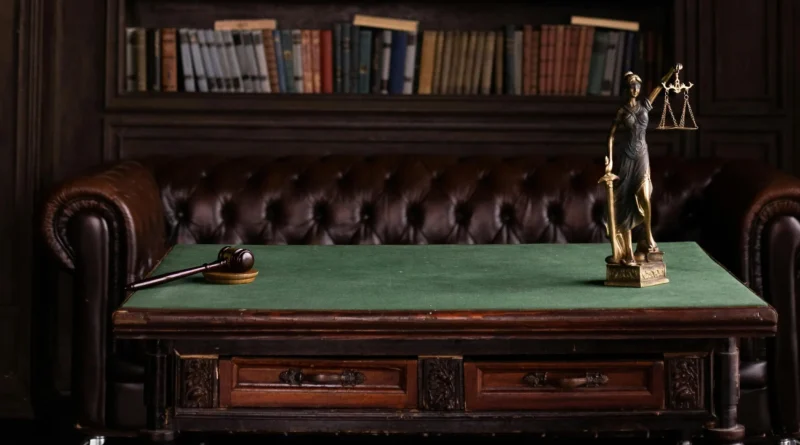The Two Tier Justice System in Florida
The Two-Tier Justice System in Florida: An Unequal Reality
Table of Contents
Introduction
The Two Tier Justice System in Florida. The concept of justice is often depicted as blind, impartial, and equitable. However, in Florida, the reality is much different, highlighting a two-tier justice system that favors the wealthy while marginalizing the poor. This inequality is particularly evident in the state’s correctional facilities, where the disparity in access to resources such as food sharply divides inmates along economic lines.
The Role of Commissary in Prison Life
In Florida’s prisons, the commissary system allows inmates to purchase additional food and other necessities beyond the standard provisions provided by the facility. While this system is intended to improve the quality of life for inmates, it inadvertently creates a divide between those who can afford these extras and those who cannot. The inmates with money or family members with money to send the inmates get more food than the poor inmates with no money. When in jail all inmates should be there for punishment, without special privileges that money buys for a few.
Financial Disparities Among Inmates
The Two Tier Justice System in Florida. Inmates who have access to financial support from family or friends can have money deposited into their commissary accounts. This financial support allows them to buy extra food, hygiene products, and other items that can make their time in prison more bearable. On the other hand, inmates without such support must rely solely on the basic provisions provided by the prison, which are often inadequate.
Impact on Nutrition and Health
The disparity in access to commissary items has significant implications for the health and well-being of inmates. Those with the means to buy additional food can supplement their diet with more nutritious options, while poorer inmates must make do with the often insufficient and nutritionally lacking meals provided by the prison. This imbalance can lead to malnutrition and other health issues among the less fortunate inmates, exacerbating existing inequalities.
Psychological and Social Effects
Beyond the physical health impacts, the unequal access to commissary items also affects the psychological and social dynamics within the prison. Inmates who can afford extra food and other items are often perceived as having higher status, which can lead to resentment and tension among the prison population. This social divide further entrenches the inequality within the prison system, creating a microcosm of the broader societal inequities.
The Legal and Ethical Implications
The two-tier justice system in Florida’s prisons raises significant legal and ethical concerns. The Eighth Amendment to the U.S. Constitution prohibits cruel and unusual punishment, which can be interpreted to include the denial of adequate nutrition and basic necessities. The current system, which allows wealthier inmates to purchase additional food while poorer inmates go without, arguably violates this principle by creating an environment where not all inmates have equal access to essential resources.
Calls for Reform
There have been numerous calls for reform to address the disparities within Florida’s prison system. Advocates argue for policies that would ensure all inmates have access to adequate nutrition and basic necessities, regardless of their financial situation. Suggestions include providing more nutritious meals, increasing the basic provisions available to all inmates, and implementing measures to ensure fairer access to commissary items.
The Two Tier Justice System in Florida
Conclusion
The two-tier justice system in Florida’s prisons is a clear example of how economic disparities can affect even the most fundamental aspects of life, such as access to food. As society continues to deal with issues of inequality and justice, addressing the disparities within the prison system is a crucial step towards creating a more equitable and humane environment for all inmates. Reform is not just a moral imperative but a legal necessity to uphold the principles of justice and fairness that are supposed to underpin the American legal system.
The population of the jails could be reduced as well, by not being so quick to arrest citizens. We’ll address those issues in another article later, but the way Florida does business “Arrest First, Ask Questions Later” needs to be addressed. There’s a huge money game being played in Florida with too many companies and politicians with their hands in the public’s pocket.




